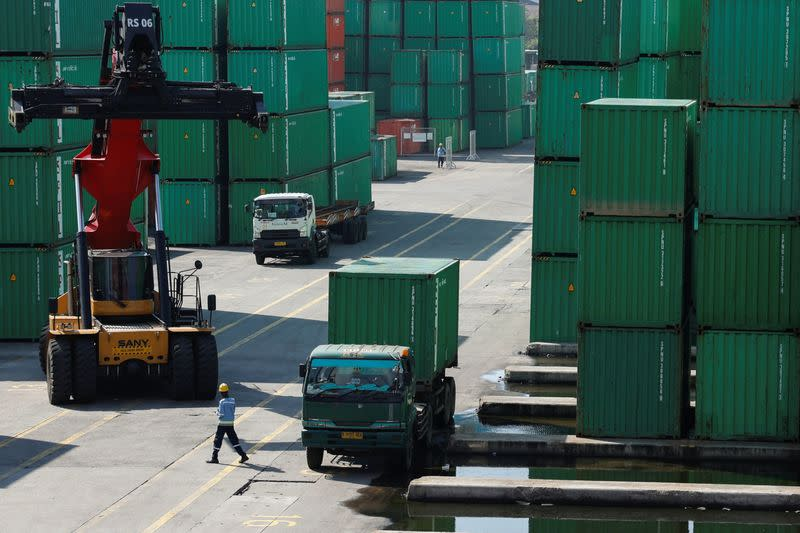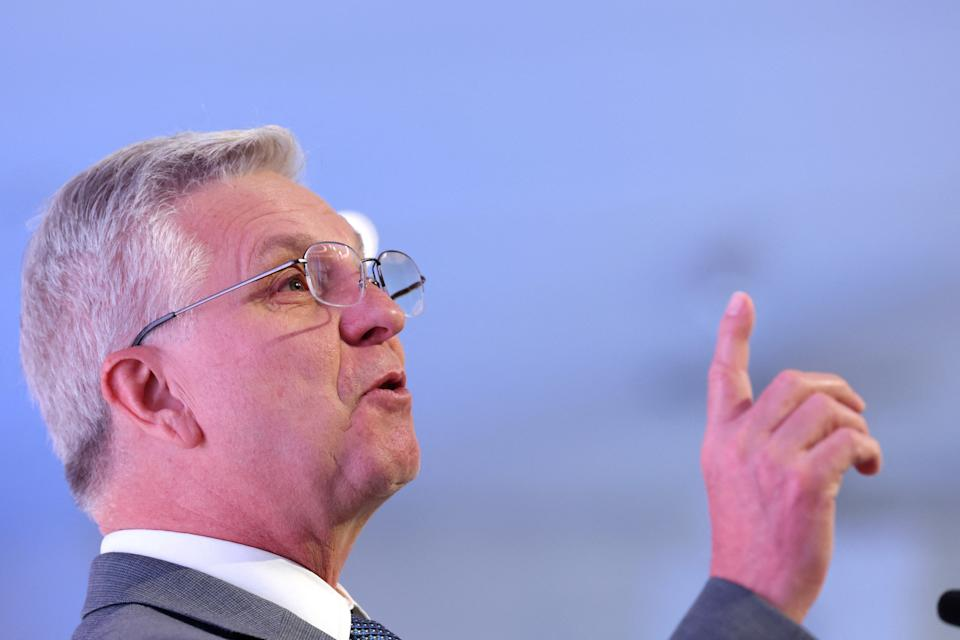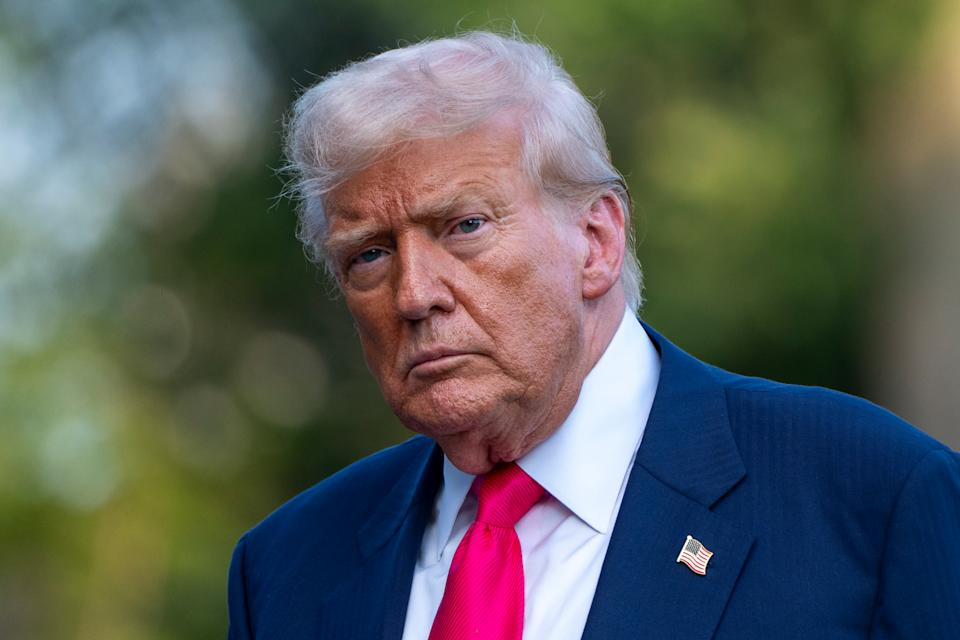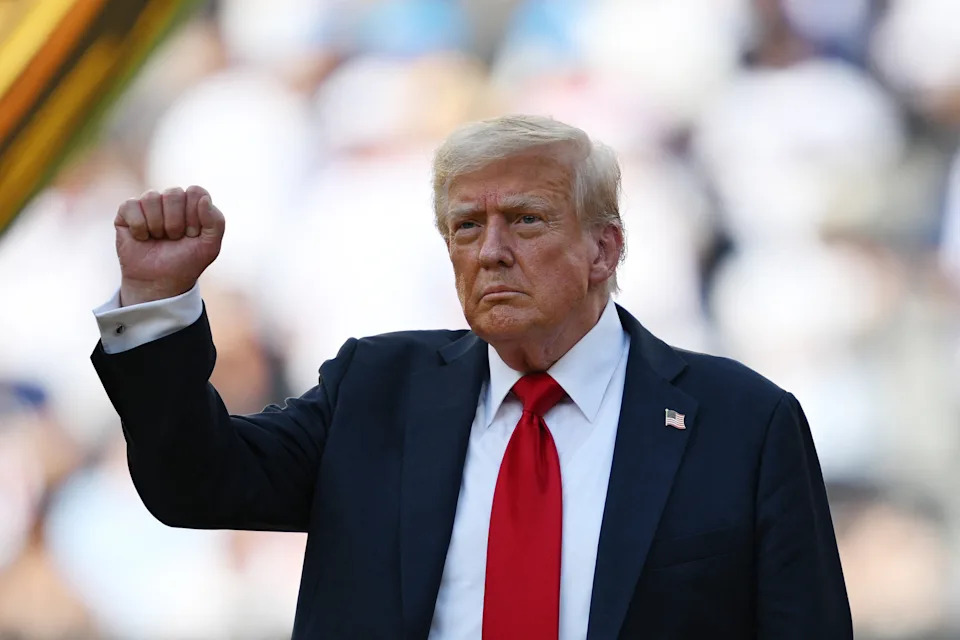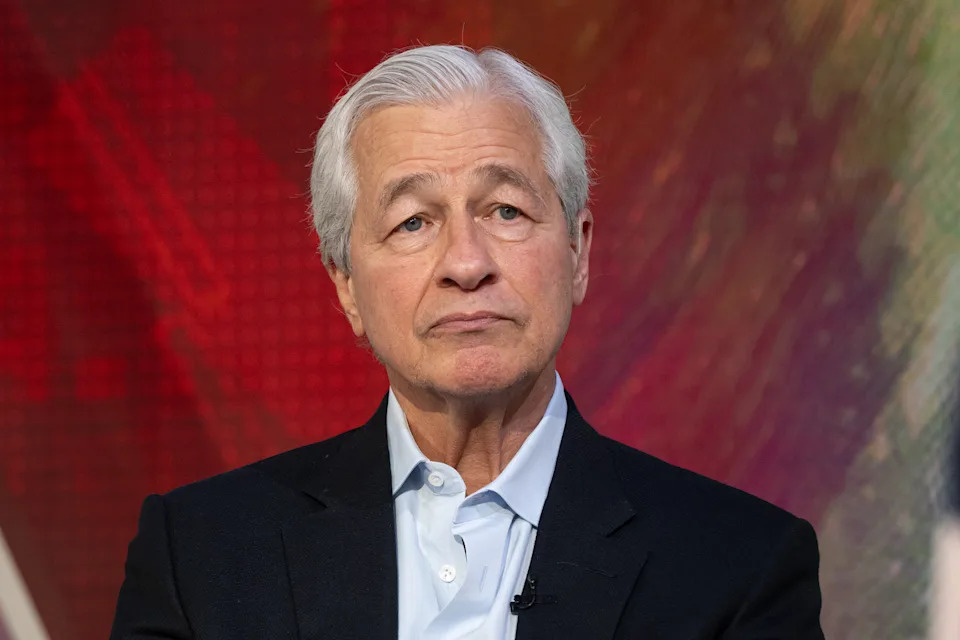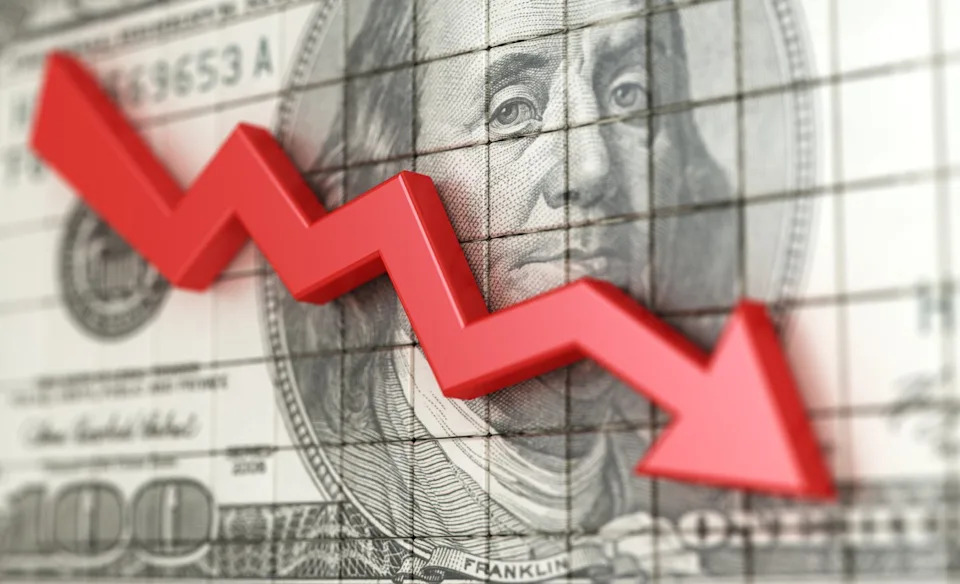Key Points
- Inflation Increase: The Consumer Price Index (CPI) rose 2.7% annually in June, up from 2.4% in May, driven by a reversal in falling gas prices, while core CPI, excluding food and energy, increased 2.9% year-over-year.**
- Tariff Impact Emerging: Signs of President Trump's tariffs affecting consumer prices are appearing, with increases in apparel (0.4%), footwear (0.7%), and furniture (0.4%), though the full impact may take time to materialize.**
- Trade Tensions: New tariffs ranging from 15% to 50% on imports from over 20 countries, including Canada, Mexico, and the EU, have heightened trade tensions, raising questions about inflation persistence.**
- Federal Reserve Uncertainty: Markets expect the Fed to hold rates steady in the near term due to tariff-related uncertainties, with the odds of a September rate cut dipping below 60%.**
- Shelter and Food Prices: Shelter costs, a major inflation driver, eased slightly to a 3.8% annual increase, while food prices remained sticky, though egg prices dropped 7.4% month-over-month.**
Summary
Inflation rose in June, with the Consumer Price Index (CPI) increasing 2.7% annually, up from 2.4% in May, driven by rebounding gas prices, according to the Bureau of Labor Statistics. Core CPI, excluding volatile food and energy, climbed 2.9% year-over-year. Monthly price increases matched or slightly exceeded expectations, with apparel, footwear, and furniture showing gains, hinting at the early effects of President Trump’s newly imposed tariffs ranging from 15% to 50% on imports from over 20 countries, including Canada, Mexico, and the EU. These trade tensions have sparked concerns about persistent inflation, though experts like Seema Shah and Greg Daco suggest tariff impacts may be temporary but could accelerate if staggered over time. Shelter costs, a key inflation driver, moderated slightly, while food prices remained sticky, except for a notable drop in egg prices. Amidst this, the Federal Reserve faces uncertainty, with markets anticipating steady rates in the near term and a reduced likelihood of a September cut. The interplay of tariffs and inflation continues to shape economic outlooks, with potential cost pass-throughs to consumers still unfolding.



























